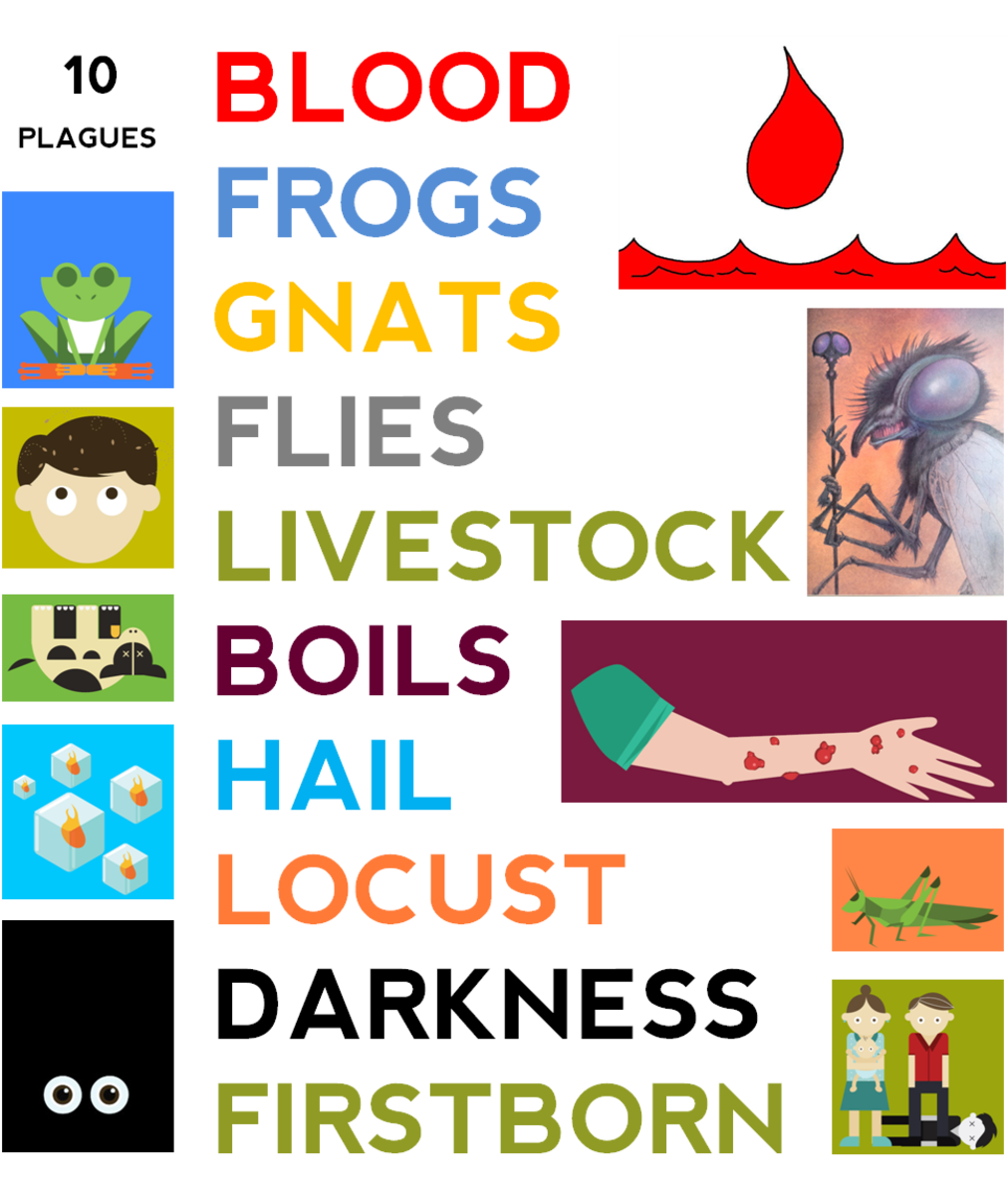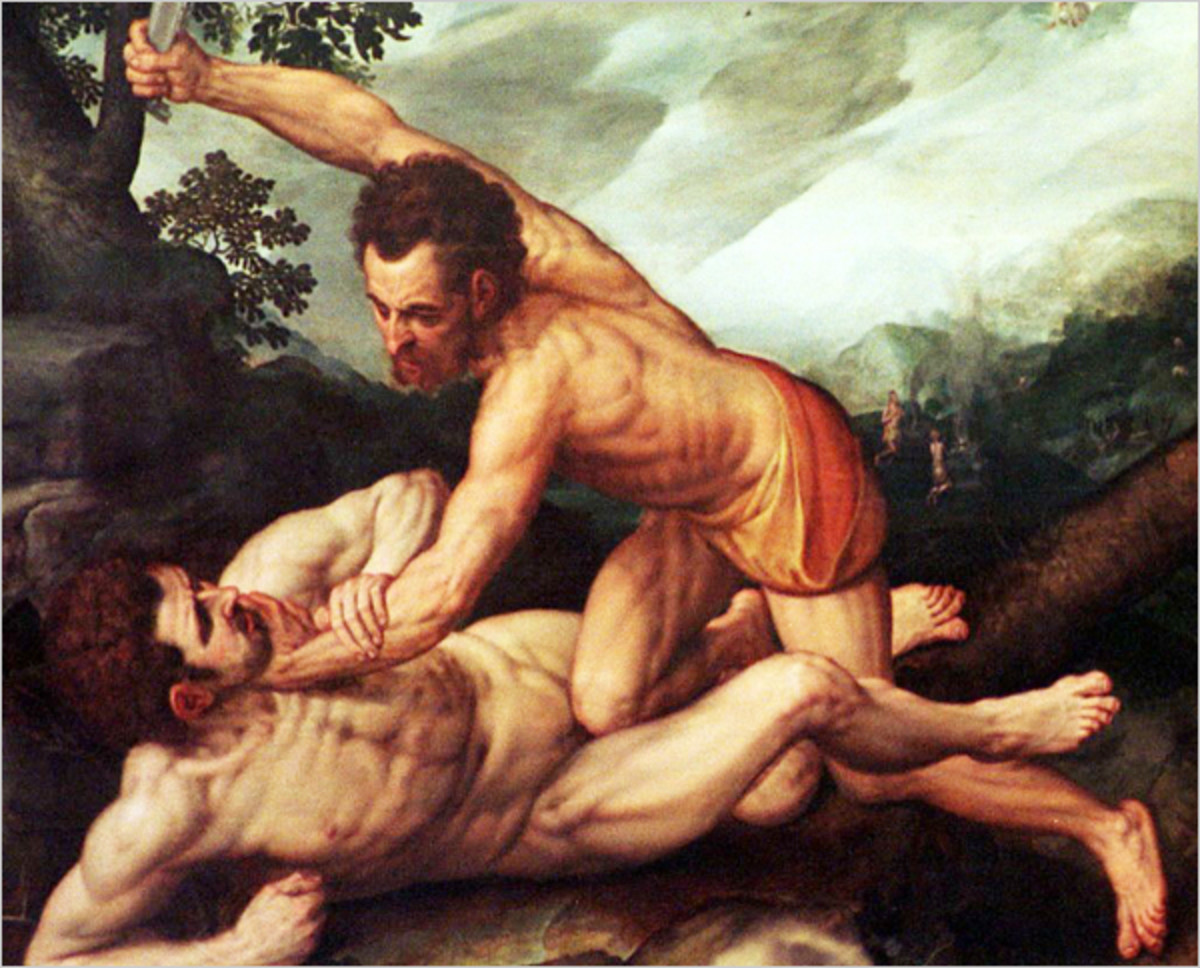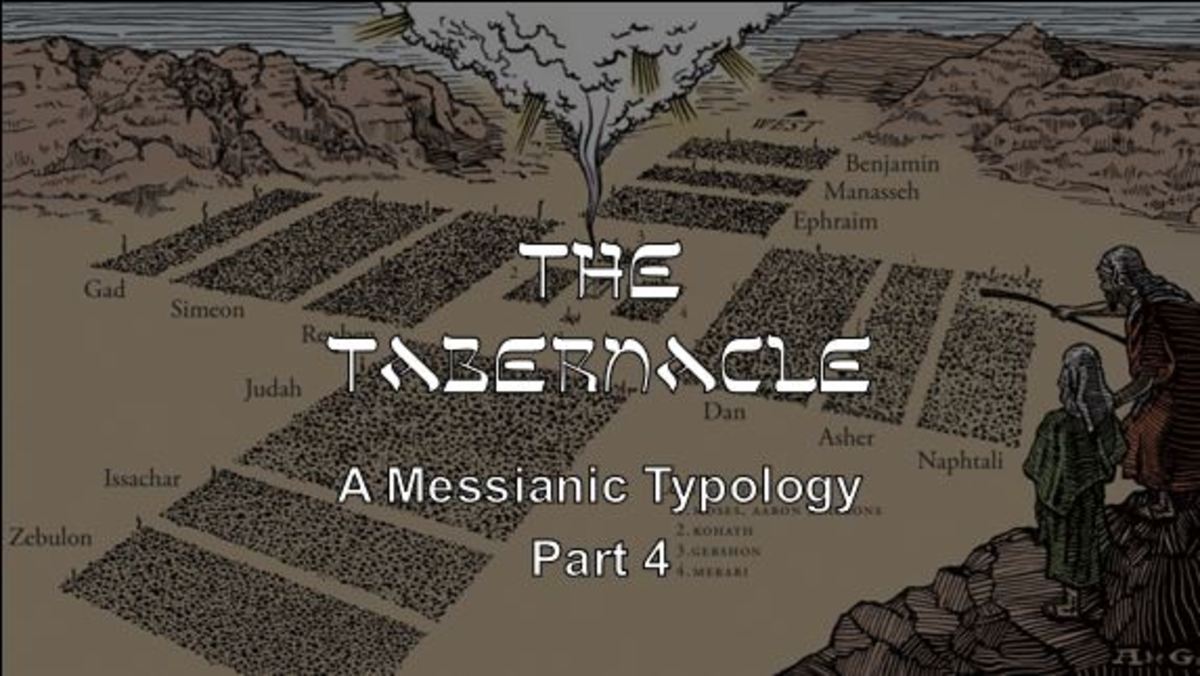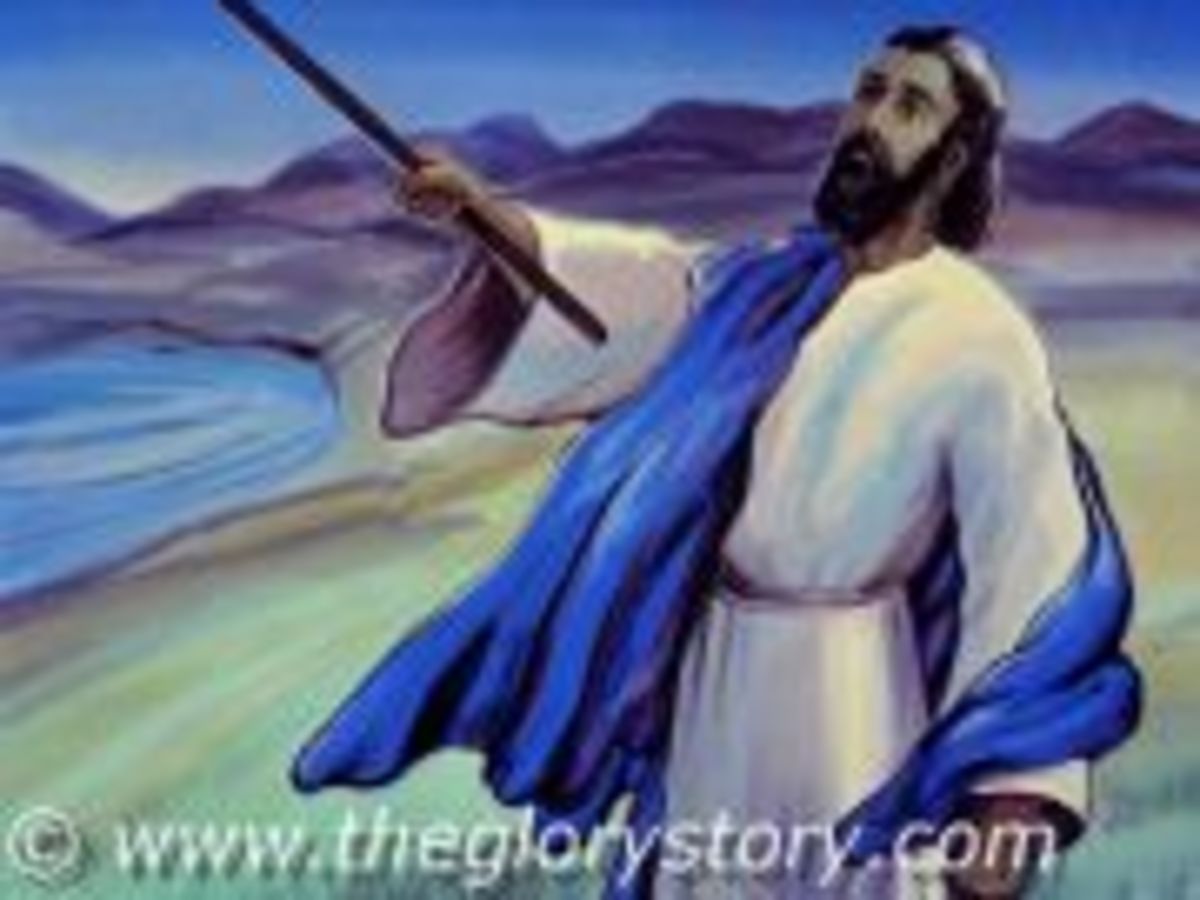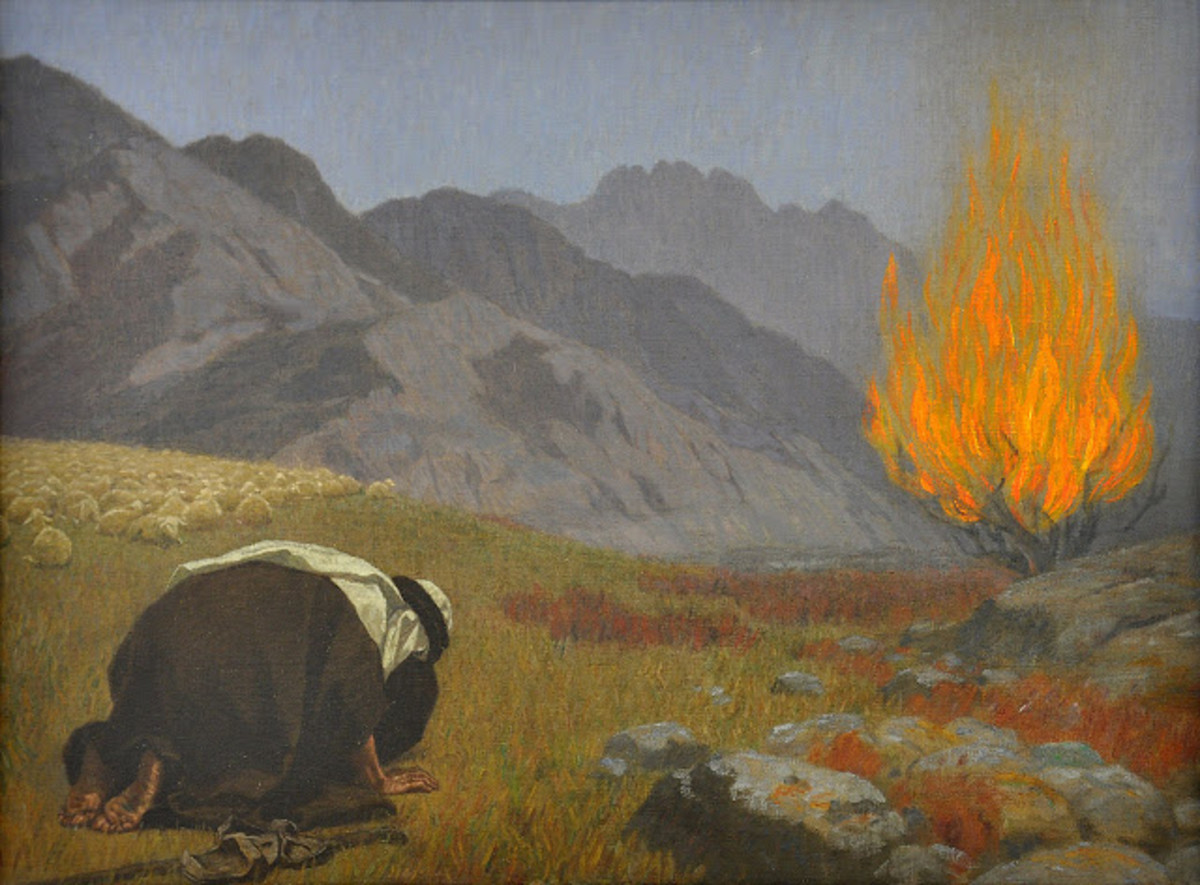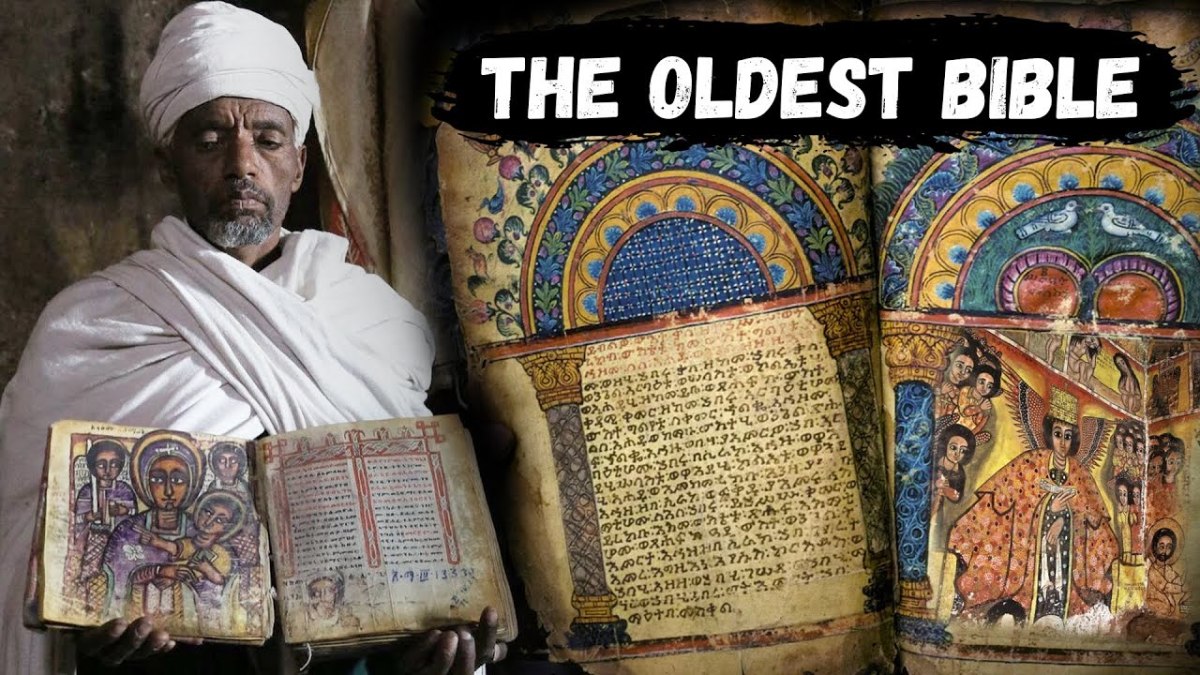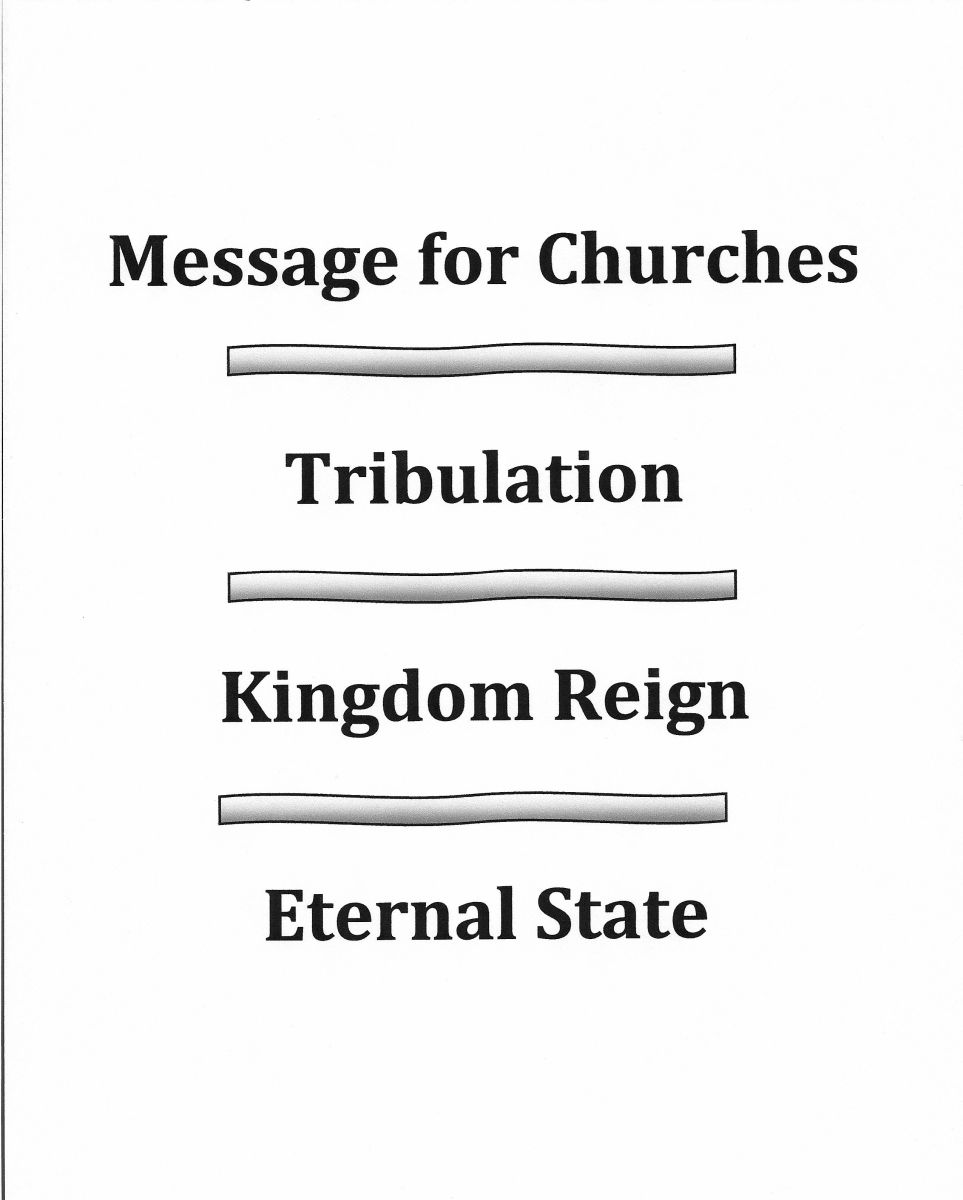Bible: What Does Exodus 11-12 Teach Us About the Passover?
Plague #10: The Death of Egypt's First-Born
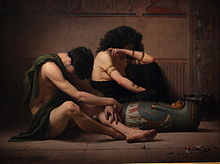
Israel's "Plundering" of Egypt
Announcing that Pharaoh will finally let Israel go after the tenth plague—in fact, he will drive God’s people out of the land (v. 1)—the LORD tells Moses to acquire various silver and golden articles from the Egyptian populace (v. 2).
[Israel did not, in fact, violently plunder the Egyptians; the Egyptians gave them the materials willingly.]
The campaign is very successful, and Moses gains nationwide respect (v. 3).
Then God informs Moses of His designs against the Egyptians:the death of their firstborn, both human and animal (vv. 4-5).
Egypt will wail as never before (v. 6), but not one Israelite child or beast shall die, again showing His people that He regards them as special/chosen (v. 7).
[Apparently, Moses speaks this prophecy before he leaves Pharaoh (v. 8; cf. 10:29)].
Verses nine and ten seem to be a recapitulation of the LORD’s dealings with the king.
The Passover Lamb
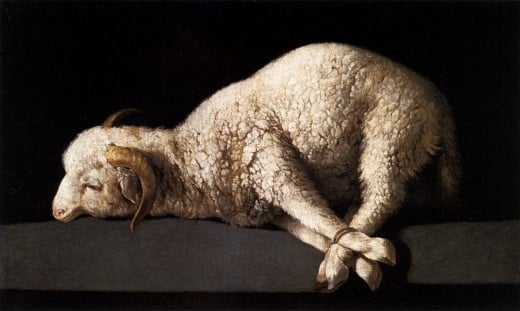
Lamb's Blood
view quiz statisticsPassover Preparations
Exodus 12
Now the LORD turns His attention toward preparing Israel for their immediate departure from Egypt by instituting the Passover.
Addressing Moses and Aaron, God announces that this day marked the beginning of Israel’s calendar (vv. 1-2).
[The month of Abib is the first one in their religious calendar].
On the tenth day of Abib, each family (or if the family is too small in number, each individual and his neighbor will share) must take an unblemished, one year-old male lamb (preferably a sheep, but perhaps a goat?), keep it until the fourteenth, and then kill it at twilight (vv. 3-6).
[Israel regarded this “killing” as a community (that is, nationwide) activity (v. 6b).]
Then they must brush some of its blood on the house’s doorposts and lintel (v. 7).
Next, the family must sit down to a roast lamb (or goat) dinner complemented by unleavened bread and bitter herbs (v. 8).
Moses makes it clear that Israelites must roast the whole animal and completely consume it in one night; all remains must be burned up in the morning.
In addition, they must eat it in haste (i.e., they must be ready to leave the country immediately) [vv. 9-11], because the LORD’s Angel will “pass over” Egypt and strike dead all first-born creatures (v. 12).
[This action will finally move Pharaoh’s heart to let them go].
The lamb’s blood will serve as a “sign” to them, protecting them from God’s wrath as He passes over Egypt (v. 13).
Unleavened Bread
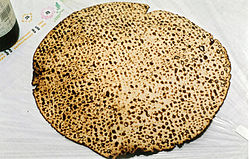
Bitter Herbs

Leaven
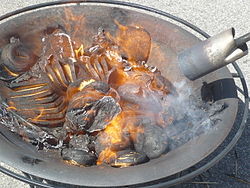
The Passover
God institutes this Passover as a memorial feast for the ages (v. 14).
It is a seven-day celebration during which the Israelites must eat unleavened bread; if anyone should eat leavened bread on this day, he is put to death (v. 15).
[One normally passes leaven from one kneading bowl to the next, thus continuing the leavening process.
Leaven is not in itself a symbol of evil, but of continuing old ways of living.
The Passover meal signals Israel’s complete break with their former lifestyle].
The celebration begins and ends with a holy “convocation” (vv. 16-17).
[Apparently, these days called for complete rest from ordinary work (except for normal meal preparation), so that the people might assemble for prayer, worship, and remembrance of their departure from Egypt (vv. 16-17)].
Finally, the LORD repeats the dates during which the Israelites should eat only unleavened bread; He allowed no ingesting of leavened bread on pain of death (vv. 18-20).
The Passover Angel
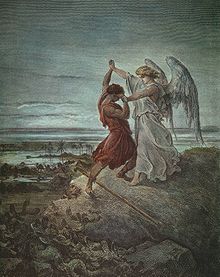
The Angel of Death
Now Moses relays the LORD’s instructions regarding the Passover to the elders (vv. 21-27):
(1) Choose and kill a lamb (v. 21).
(2) Paint the house parts with blood
[They should strike these parts. “Strike” is a non-routine word in verses 22-23].
(3) Stay inside until the Angel passes over (vv. 22-23).
(4) Make sure to pass down this ordinance to sons in Canaan (vv. 24-25),
(5) Be ready to explain clearly its meaning to them (vv. 26-27a).
The elders (and people) respond with worshipful obedience (vv. 27b-28).
The narrative resumes with the actual recording of the midnight Passover judgment of all the first-born in Egypt (vv. 29-30), and Pharaoh’s giving of his complete permission to Israel to leave the land (vv. 31-32).
[He lost no time making this decision, calling Moses and Aaron to him “at night” (v. 31)].
Even ordinary Egyptians said, “Go” (v. 33).
[Actually, the word “urged” is a very strong term].
God’s people take their kneading bowls filled with unleavened dough (v. 34), as well as the “plunder” which they had asked from their Egyptian neighbors (vv. 35-36).
Israel's Sojourn in Egypt
view quiz statisticsIsrael's Sojourn in Egypt
They travel to Succoth as a “mixed multitude” of two to three million strong, not counting their livestock (vv. 37-38).
The women bake unleavened bread from the “dough of haste” (v. 39).
Moses now offers some historical facts about Israel: the people “sojourned” in Egypt for four hundred thirty years (v. 40), and they left Egypt on the anniversary (v. 41).
[Lloyd Nolen Jones contends that the extra thirty years found here includes the sojourning of Abraham himself as well as that of his seed (Chronology of the Old Testament, 60). (Cf. Genesis 15:13)].
He calls the night before the Exodus a “night vigil” of solemn observance to the LORD (v. 42).
God establishes some more laws regarding the Passover (vv. 43-49):
(1) He specifies who may (v. 44) and may not (vv. 43b, 45) eat it, and where they must eat it (v. 46).
[The end of verse 46 reveals a veiled prophecy of Christ’s crucifixion (cf. John 19:33, 36].
(2) All Israel must keep the feast (v. 47);
(3) Resident aliens must be circumcised before they may eat it (v. 48).
In any and all cases, circumcision is a must (v. 49).
Israel begins its life as a nation in obedience (vv. 50-51).
© 2013 glynch1

